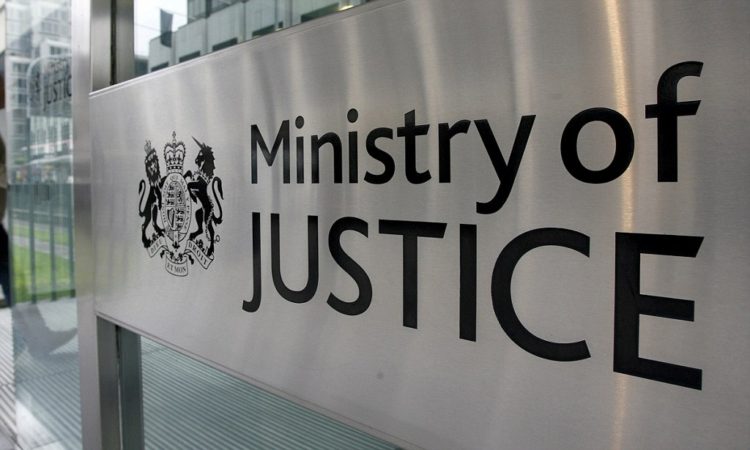By Ashley Young-
The work of courts and tribunals are to be consolidated into fewer buildings, maintaining the safety of all in the courts and in line with public health advice, the Ministry Of Justice has said.
Work is being developed across the entire estate, following enormous changes to everyday life and capacity for phone and video hearings has been significantly increased. There will be 157 priority court and tribunal buildings open for essential face-to-face hearings. This represents 42% of the 370 crown, magistrates, county and family courts and tribunals across England and Wales
The temporary changes designed in partnership between HM Courts and Tribunals Service and the judiciary is designed to help maintain a core justice system focused on the most essential cases. They will also ensure effective social distancing for all court users and for cleaning and security work to be focused on fewer buildings.
Hearings that cannot be heard by video or telephone and which cannot be delayed will be held in a priority court and tribunal buildings, expect in exceptional circumstances, from Monday, 30 March 2020.Currently, fewer than half of all court and tribunal buildings will remain open for physical hearings, although this is due to change over time in response to circumstances as measures are reviewed.
Lord Chancellor Robert Buckland said:
”We are facing an unprecedented challenge and the government’s absolute priority is to save lives and protect the NHS.
With each part of our justice system – from police to probation – dependent on one another, it is vital that we keep our courts running.
This will only be done while ensuring the safety of the public, judges, legal professionals, staff and all those attending hearings and I’d like to thank everyone for their extraordinary efforts so far.
The Lord Chief Justice said:
”An extraordinary amount of hard work has gone into keeping our justice system functioning. Technology is being used creatively to ensure that many cases can continue. Not everything can be dealt with remotely and so we need to maintain functioning courts.
These temporary adjustments to how we use the court estate will help ensure that we can continue to deal with work appropriately in all jurisdictions whilst safeguarding the well-being of all those who work in and visit the courts.
Media and members of the public will be able to attend priority court hearings in person, if safe to do so in line with Public Health England guidance, thereby ensuring the principle of open justice.
Where this is not possible, judicial consideration will be given to them joining a hearing remotely or a transcript provided afterwards.
In addition, a further 124 court and tribunal buildings will remain closed to the public but open to HM Courts and Tribunal (HMCTS) staff, the judiciary and those from other agencies.These ‘staffed courts’ will support video and telephone hearings, progress cases without hearings and ensure continued access to justice.




